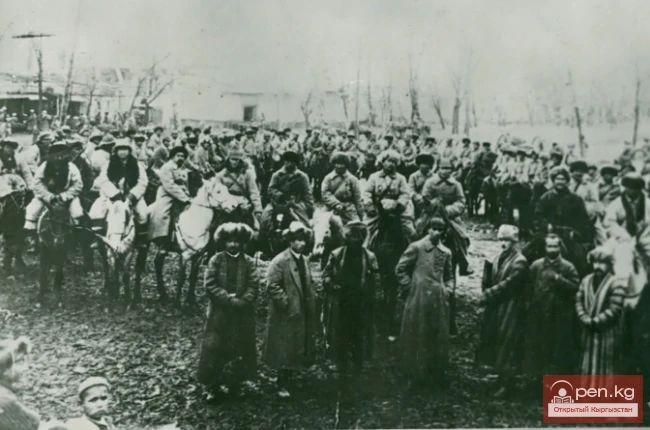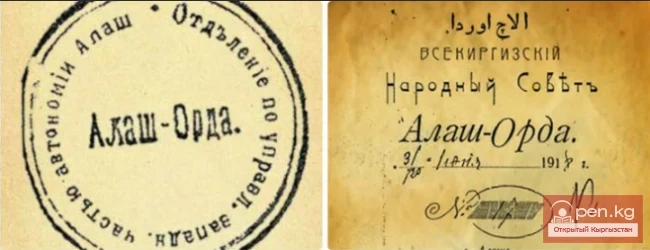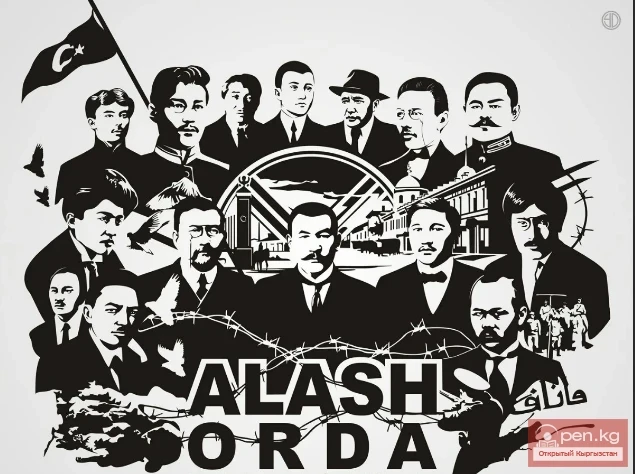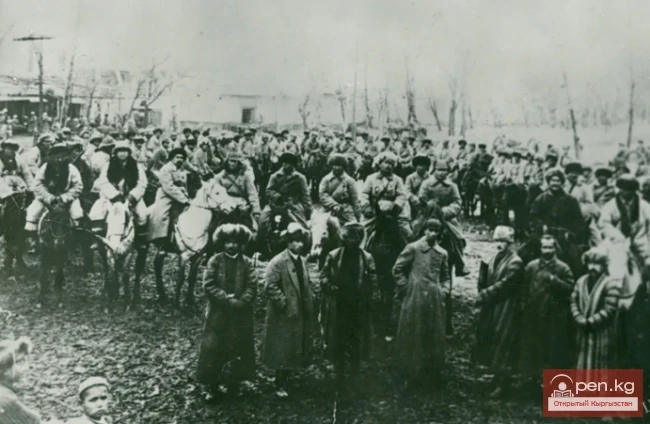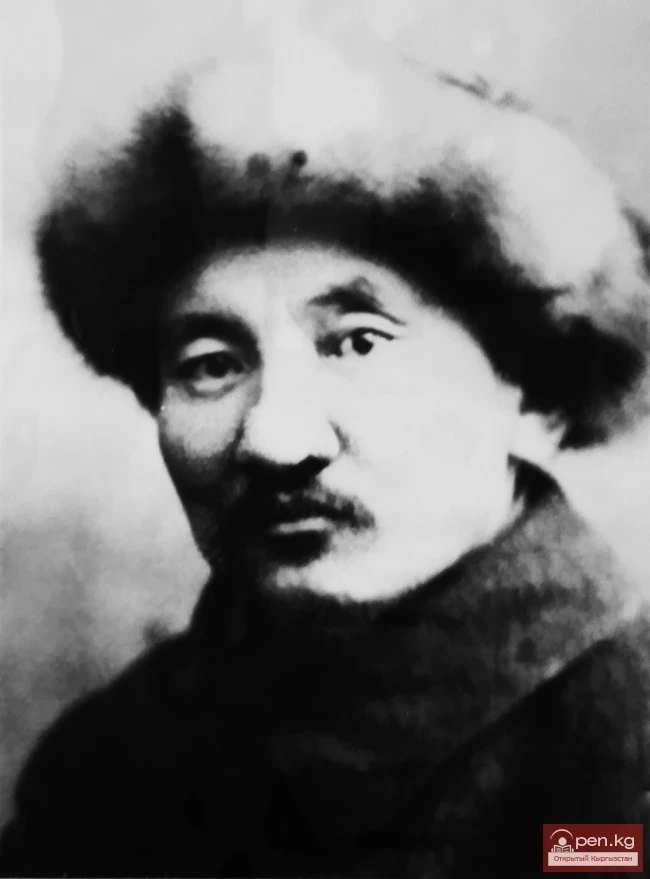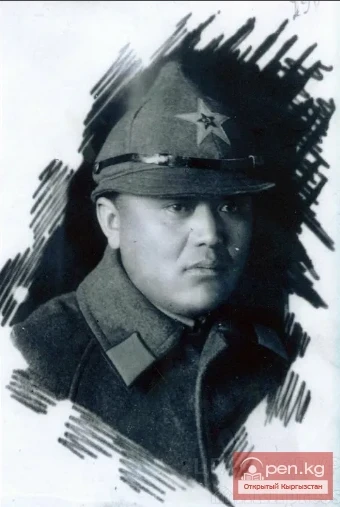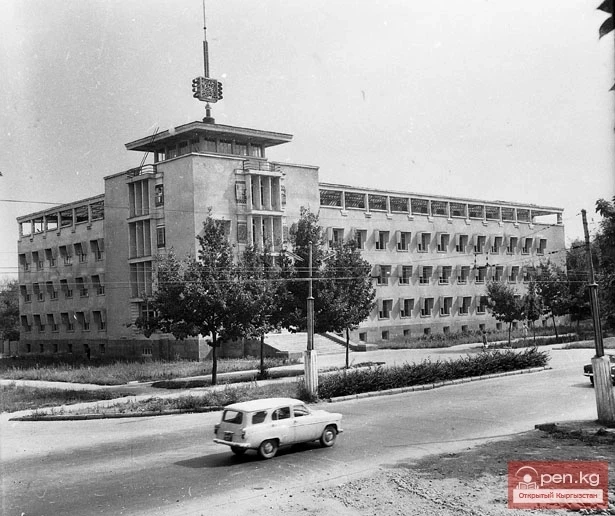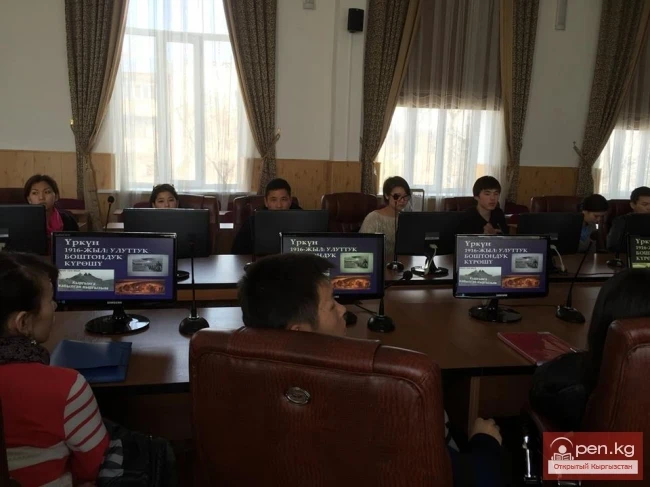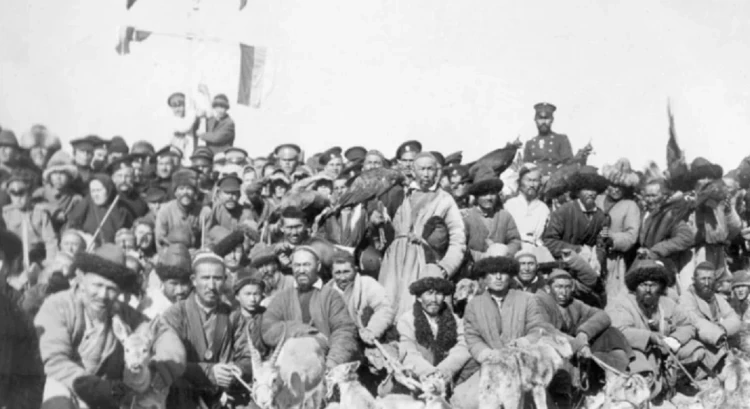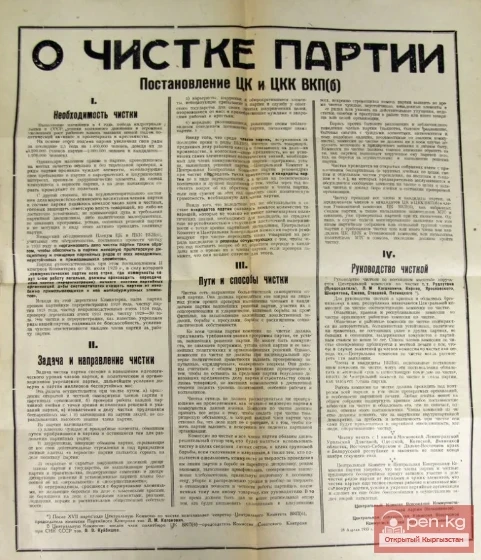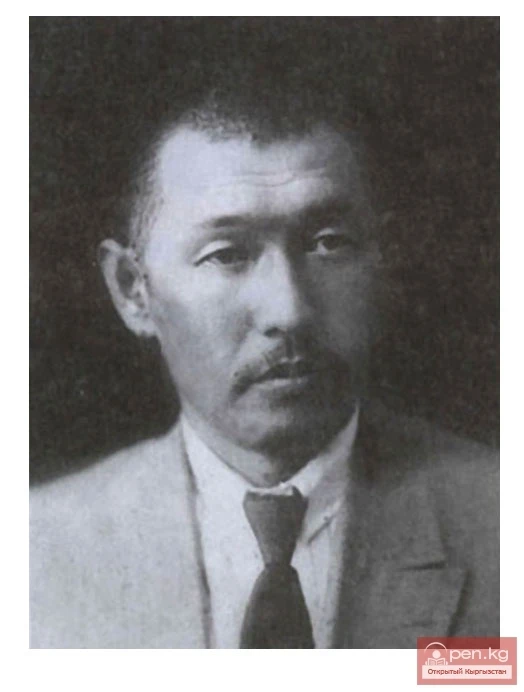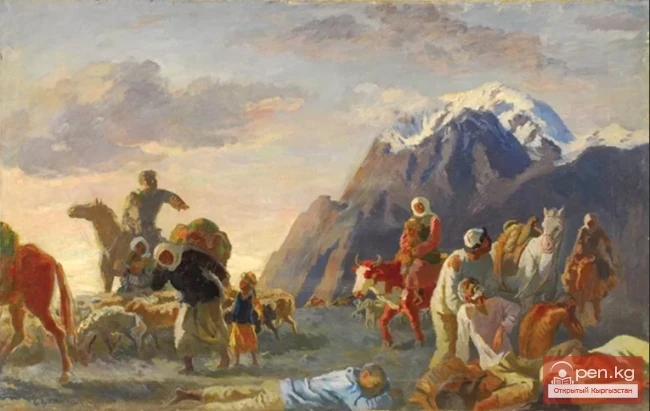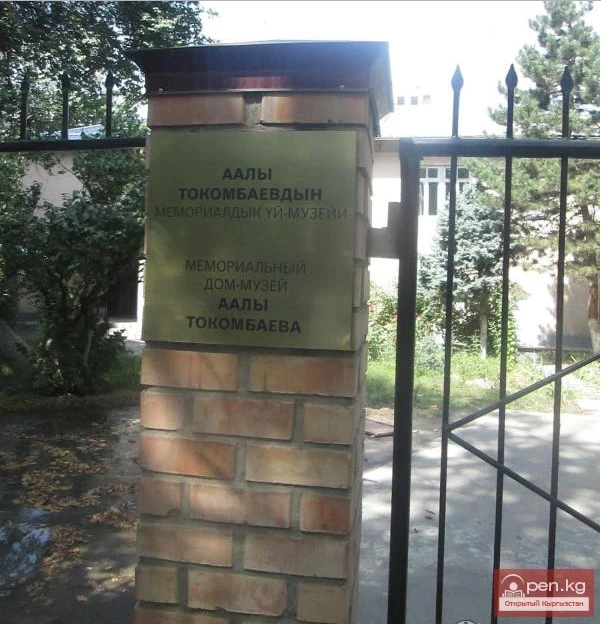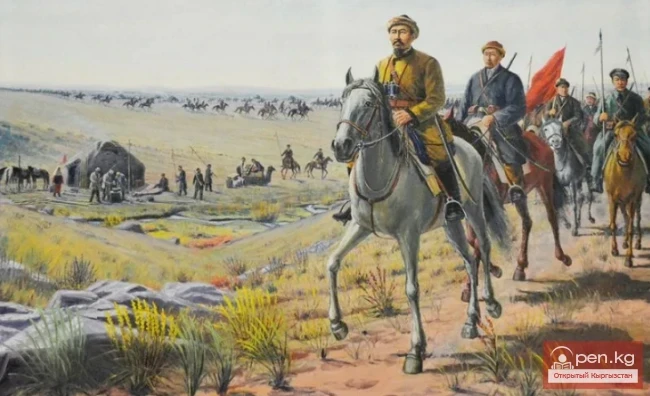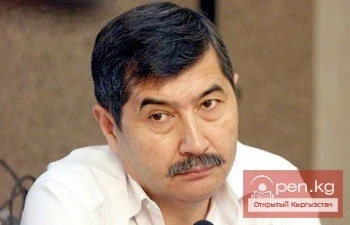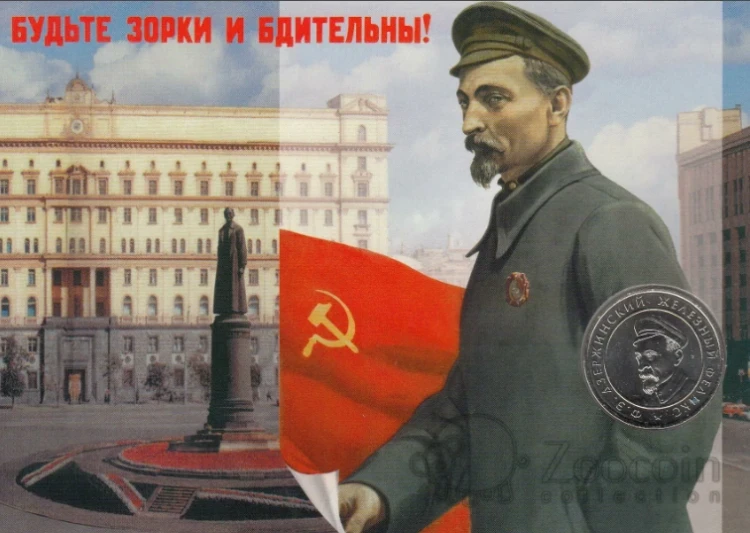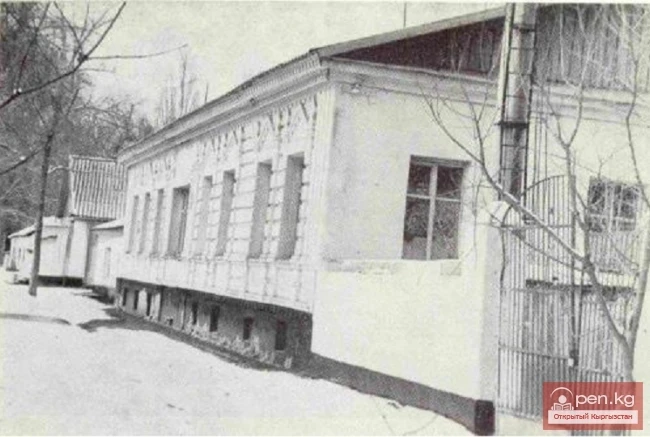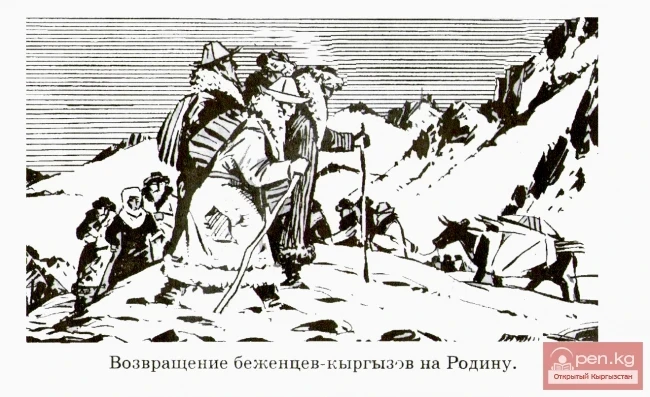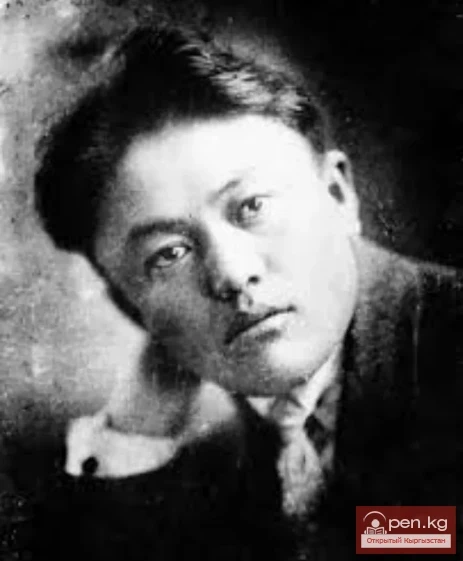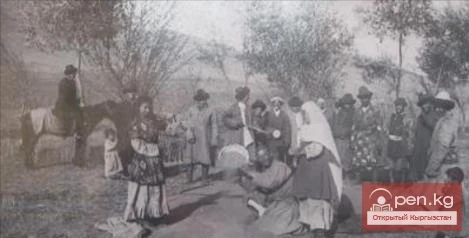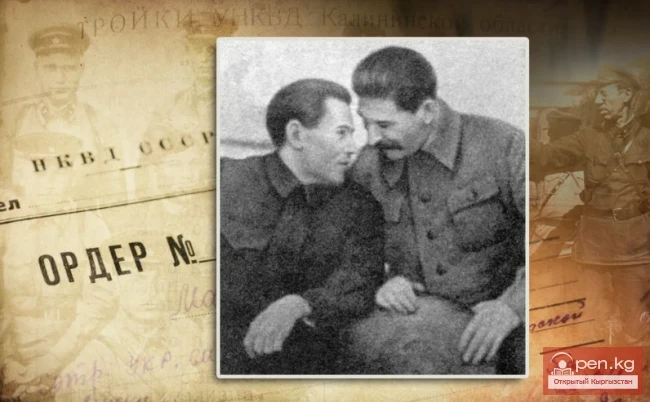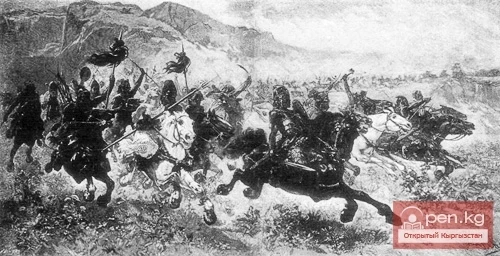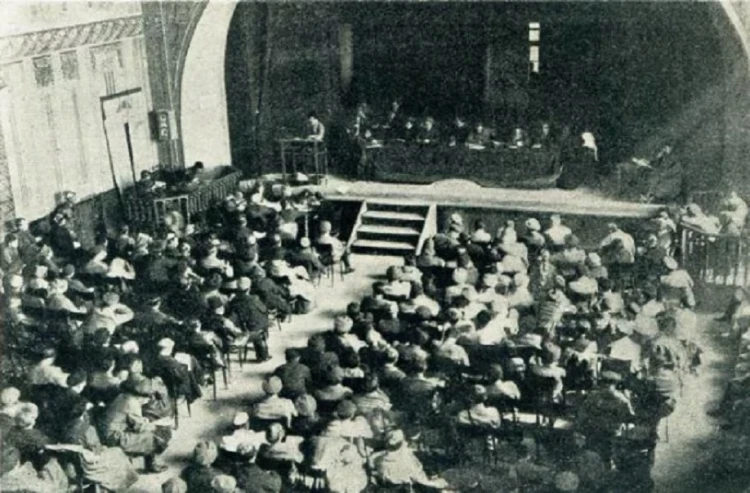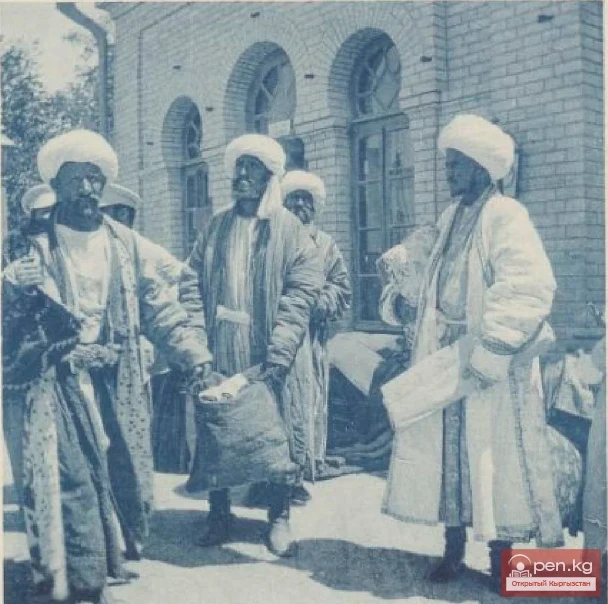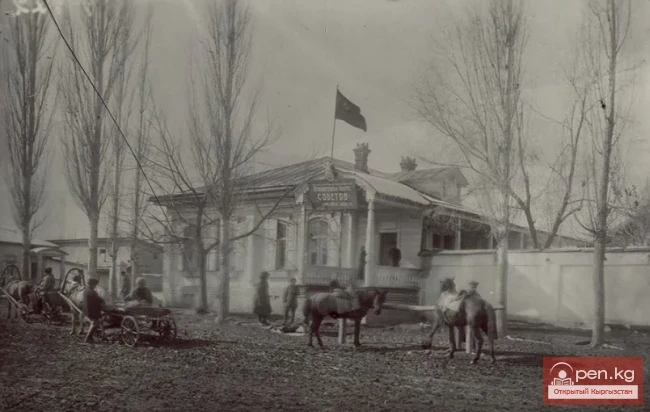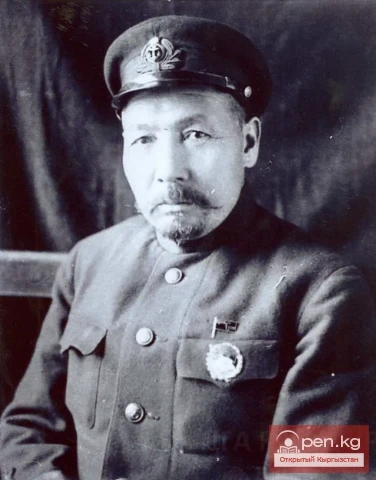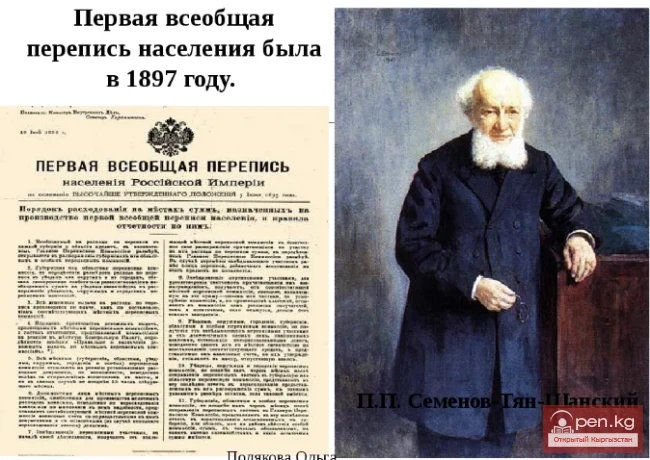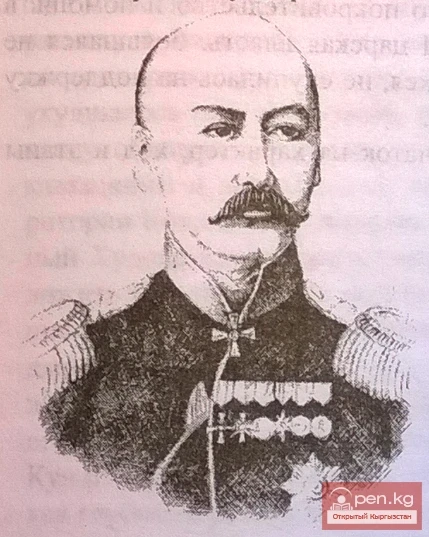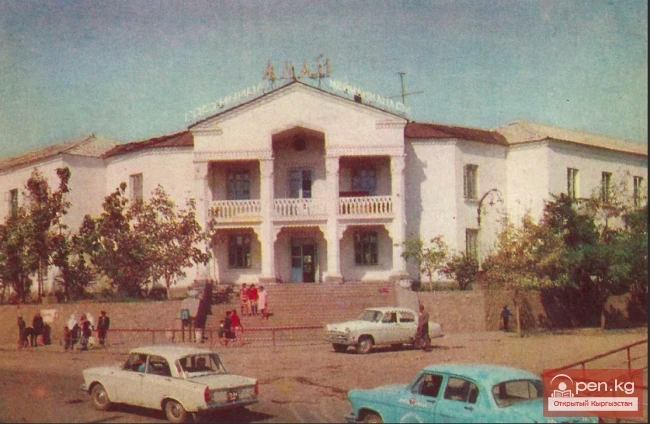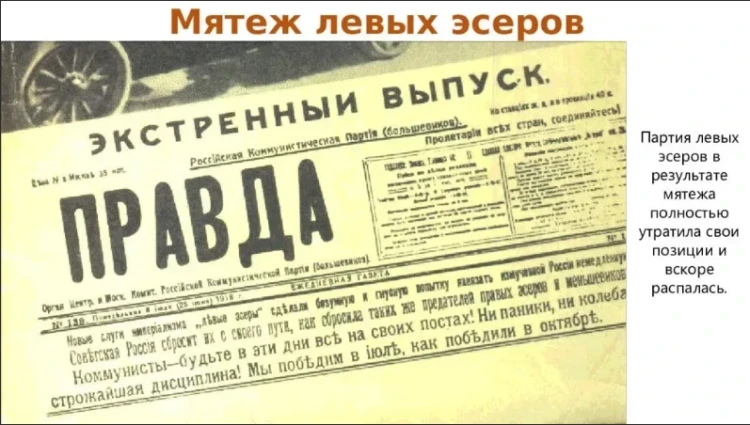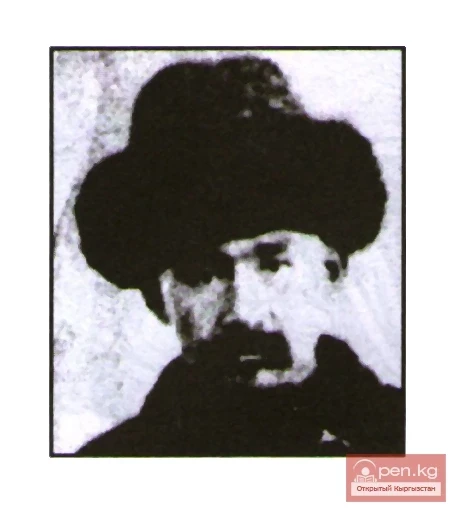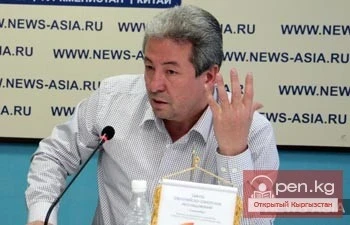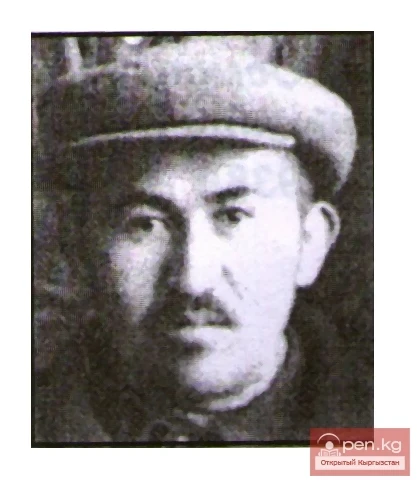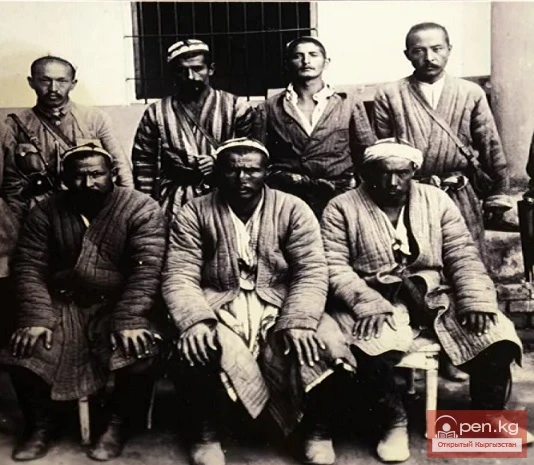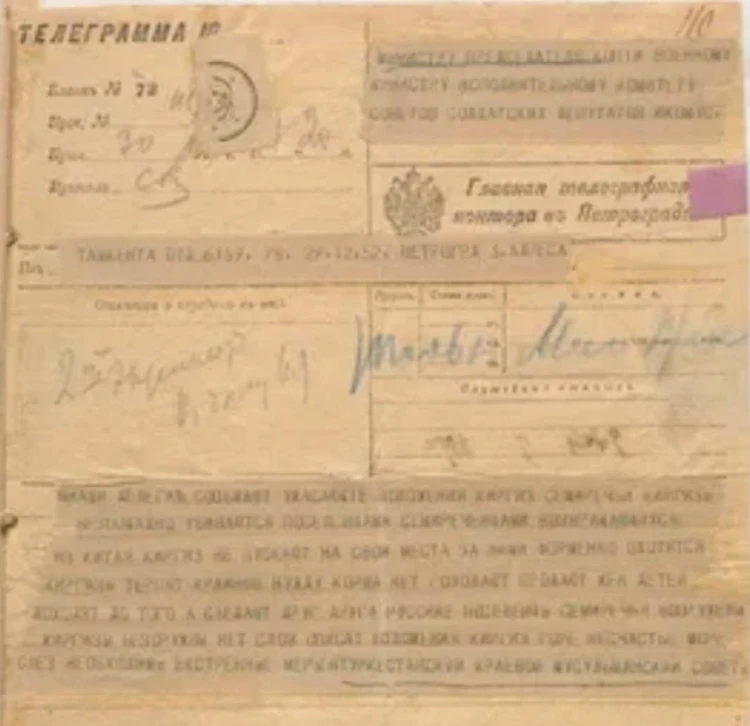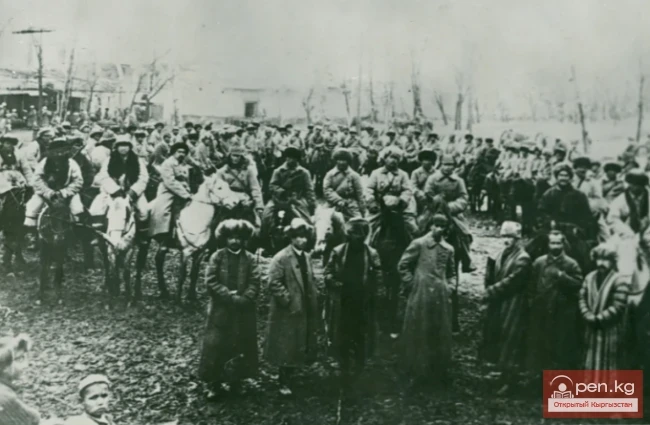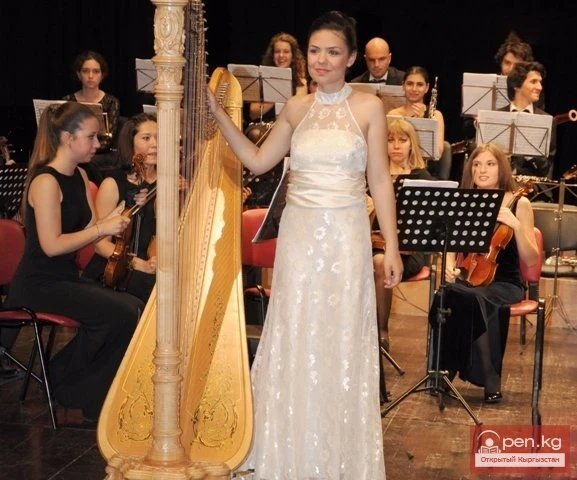The Alash Party and its leaders were accused of betraying the interests of their people in 1916, in the repression against the rebels. This is a clear exaggeration; such a party simply did not exist in Kyrgyzstan. The future party members were evolutionists by conviction and consistent supporters of reforms and constitutional methods of changing the state structure; they were by no means enthusiastic about the uprising, considering the path of armed struggle against tsarism to be suicidal. Many Alash members were civil servants and, like A. Sydykov, swore an oath on the Quran in loyalty to the Russian emperor. Considering inaction to be the least of existing evils, many Alash members, like A. Sydykov, did their best to help their rebelling people. There are no credible facts about the participation of Alash members in the repressions, and therefore, remembering the presumption of innocence, we will consider them as not having participated in the suppression of the 1916 uprising. What they did truly excel in was helping the refugees returning from China. Here is an excerpt from a collective appeal, among the authors of which was one of the leaders of the Kyrgyz branch of "Alash"—I. Arabayev, to "Comrade Lenin personally" as the "leader of the Russian revolution." It contained a cry of despair about the dire situation of Kyrgyz refugees from China: "If anyone were to ask us the question—do the Kyrgyz of the Semirechye region enjoy the freedom of the class revolution, we would answer that we do not enjoy freedom and that such freedom does not exist for us." Furthermore, the petitioners requested: "To grant special full extraordinary powers and authority to issue a sufficient amount of money to the Special Commission for the resettlement of Kyrgyz refugees, who are still living within the walls of China and cannot return to their homeland due to their poverty.
Assistance from Alash members to Kyrgyz refugees from China
To send a telegram to the Chinese government in Beijing and Urumqi (requesting) to provide all possible assistance to the Special Commission. To grant returning Kyrgyz refugees from China the right to occupy their former places and lands and to obligate the Russian authorities to protect them from peasants... " Not relying on the authorities, Alash members organized assistance for the refugees themselves, providing them with housing, clothing, and food.
V. Lenin, in his resolution, redirected the letter to "Stalin (or Kamensky) for a response in two words." The response on the letterhead of the People's Commissariat for Nationalities, signed by D. Kamensky, Stalin's deputy, read: "To Comrade Lenin. In the petition, the Kyrgyz of the Semirechye region:
1. Complain about the oppression inflicted upon them by the Russian population (verification is required—I admit the possibility);
2. Request a number of measures to improve their lives (many things can and must be done);
3. I propose that all material be forwarded to the Narcomnats for appropriate measures to be taken." Measures were taken, the persecution of refugees was halted, and special attention was given to their resettlement and assistance. This is how V. Lenin rehabilitated himself in the eyes of the population of Turkestan for his silence during his Swiss emigration regarding the rivers of blood shed here in 1916. Meanwhile, State Duma deputy A. F. Kerensky, who immediately after the events undertook a dangerous trip to the scene and presented a report to the Duma about the abuses of local authorities as the main cause of the tragedy, did nothing to stop the bloodshed and help Kyrgyz refugees when he became the chairman of the Provisional Government.
After the overthrow of tsarism, the Alash Party was legalized. In a short period, it held three consecutive congresses—in April, July, and December 1917. Delegates at the I Constituent Congress of "Alash" included Kyrgyz I. Arabayev and D. Soorombayev. The third general congress of the Kyrgyz region in Orenburg completed the organizational formation of the party and formulated its main programmatic provisions. Kyrgyz A. Sydykov and T. Khudaybergenov also participated in the work of this congress.
Former subjects of the Russian emperor were in no hurry to recognize the power of the Bolsheviks. Even despite the urgently adopted "Declaration of the Rights of the Peoples of Russia" by the Soviet government on November 3, 1917, and the appeal "To All Working Muslims of Russia and the East" on November 20, 1917, which proclaimed the principles of equality, freedom of all peoples, and their right to national self-determination up to separation and the formation of independent states. After being deceived by the Provisional Government, there was little trust in the Soviet government as well. Thus, on January 20-21, 1918, a referendum was held in Pishpek. Citizens were asked to answer three questions: do they want to join the central government, i.e., the Bolshevik Petrograd Soviet—227 votes; to Great Siberia, i.e., the Kolchak government—21; or to abstain until the Constituent Assembly (which had already been dissolved, but the news had not yet reached Pishpek). The absolute majority preferred to abstain—3027 votes.
Search the site... Alash Party Program
